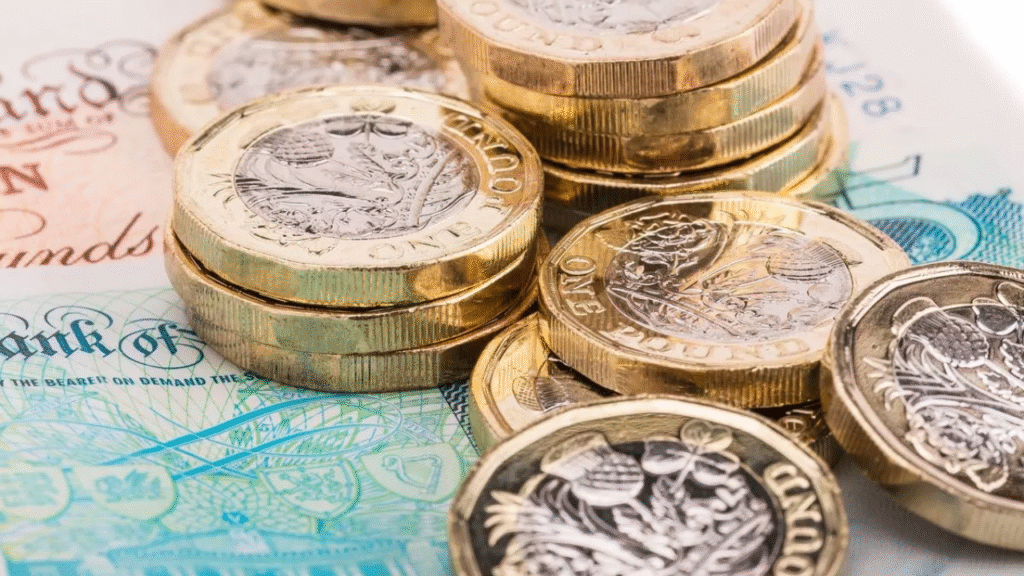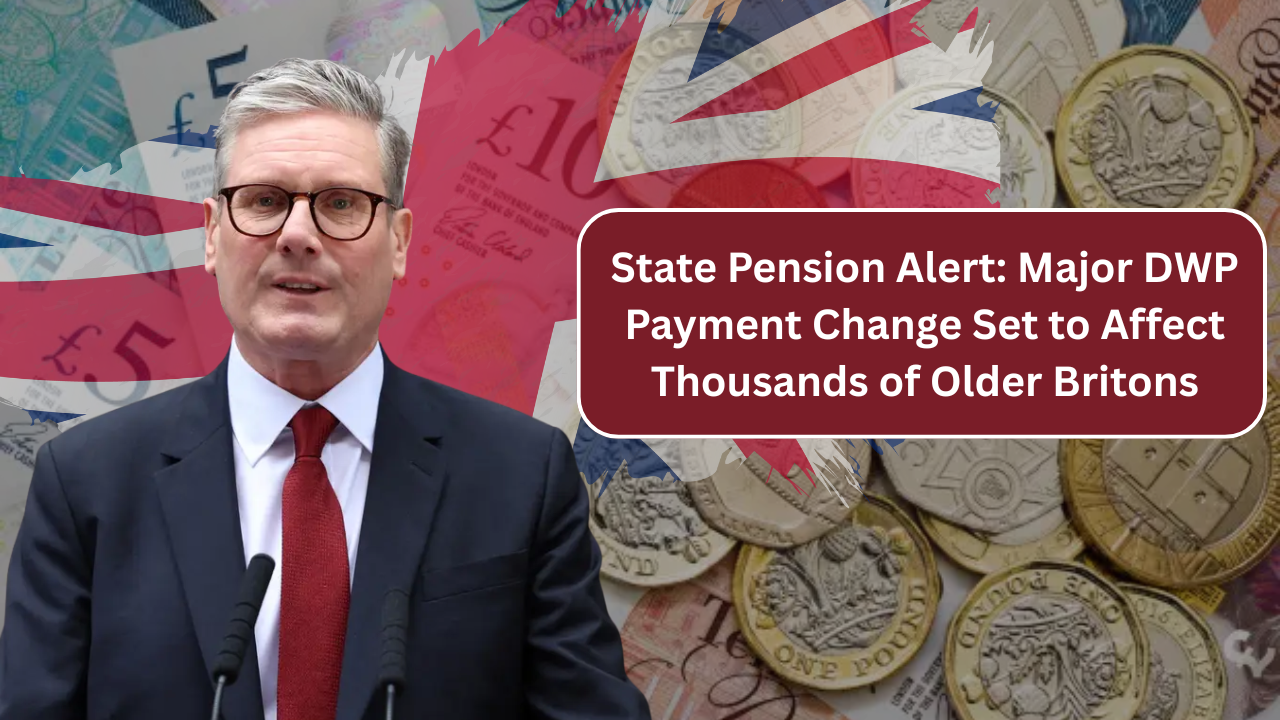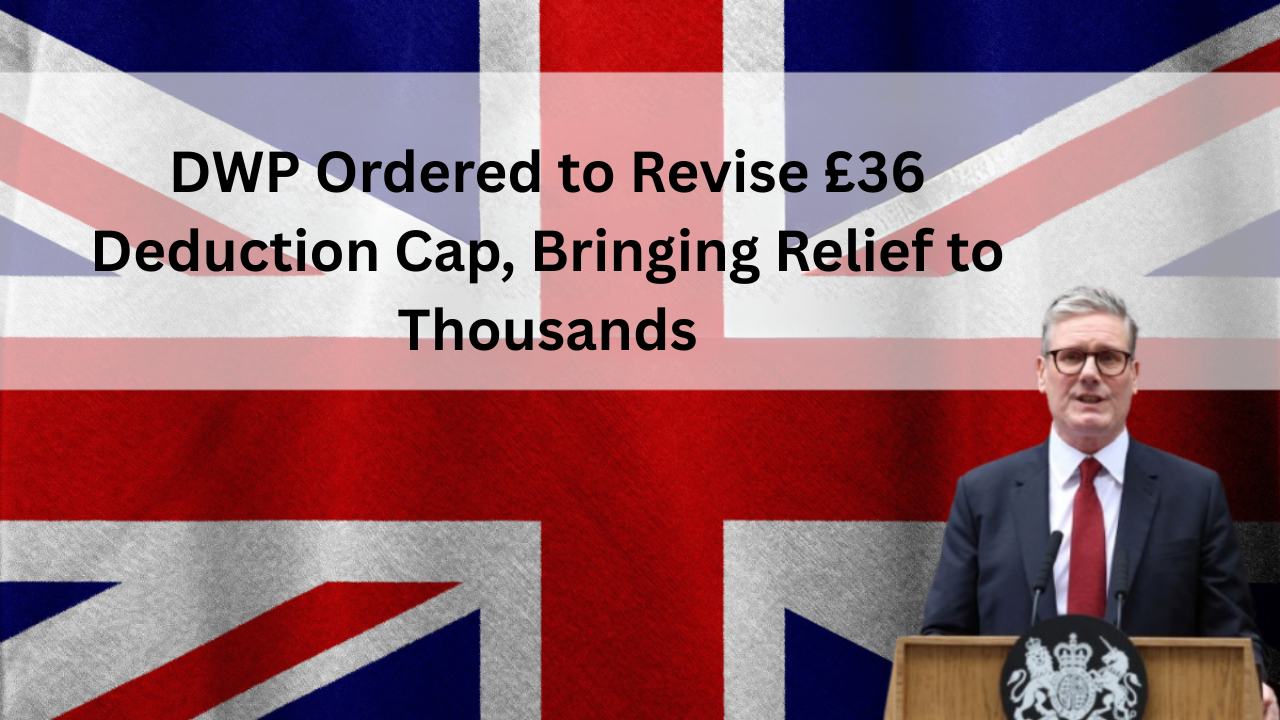As we approach May 2025, many people across the UK will be looking for clarity on when they will receive their Department for Work and Pensions (DWP) benefits, including Universal Credit, Personal Independence Payment (PIP), State Pension, and others. With bank holidays playing a significant role in payment schedules, it’s important to know when payments will be made, especially if they fall on public holidays.
This article will guide you through the expected payment dates for May 2025, explain how bank holidays affect your payments, and provide advice on what to do if your payment is late.
Bank Holidays in May 2025
May 2025 brings two major bank holidays that could impact when your benefits are paid. The UK’s public holidays are:
- Monday, May 5 – Early May Bank Holiday
- Monday, May 26 – Spring Bank Holiday
Bank holidays mean that many government departments, including the DWP, do not process payments on these days. However, the DWP typically adjusts payment dates for people whose payment would normally be made on these holidays.
Payment Adjustments for Bank Holidays
If your payment is due on a bank holiday, the DWP will generally release your payment early. This ensures that you don’t experience delays in receiving your money, which can be particularly important for those who rely on their benefits for daily living expenses.
For example, if your payment is scheduled for May 5 (the Early May Bank Holiday), the DWP will likely pay you on Friday, May 2. Similarly, if your payment falls on May 26 (the Spring Bank Holiday), you can expect it to be paid on Friday, May 23. These adjustments apply to most DWP benefits, including Universal Credit, PIP, State Pension, and others.
Expected Payment Dates in May 2025
Here’s a breakdown of when you can expect your benefits to be paid in May 2025:
| Benefit Type | Usual Payment Date | Adjusted Payment Date (if due on a bank holiday) |
|---|---|---|
| Universal Credit | Monthly | Paid early if due on May 5 or May 26 |
| Personal Independence Payment (PIP) | Monthly | Paid early if due on May 5 or May 26 |
| State Pension | Weekly or Monthly | Paid early if due on May 5 or May 26 |
| Employment and Support Allowance (ESA) | Biweekly or Monthly | Paid early if due on May 5 or May 26 |
| Carer’s Allowance | Weekly or Monthly | Paid early if due on May 5 or May 26 |
| Child Benefit | Weekly or Monthly | Paid early if due on May 5 or May 26 |
As you can see, if your payment due date coincides with either May 5 or May 26, you will likely receive your payment on the nearest working day before the holiday. It’s essential to plan accordingly, especially if you have bills or other financial obligations that depend on receiving your benefits on time.
Bank Holiday Payment Examples
For example, if you receive Universal Credit and your payment is scheduled for Monday, May 5, you will likely see the money in your bank account on Friday, May 2. If your State Pension is usually paid on Monday, May 26, you will receive it early on Friday, May 23.
These early payments are crucial for people who may struggle to manage their finances over the long weekends or public holidays. It’s always a good idea to check your payment schedule and prepare for early payments if necessary.

What to Do If Your Payment Is Late
If you don’t receive your payment on the expected date, first check with your bank or building society to ensure there were no issues on their end. If everything looks fine on that side, the next step is to contact the DWP.
For Universal Credit, you can check your payment status and any changes to your payment schedule by logging into your Universal Credit account. For other benefits, you can visit the official DWP page or call the DWP helpline.
In some cases, payments may be delayed for reasons such as missing or incomplete information, so it’s important to make sure your details are up to date. If you’re unsure why your payment is late, you can contact the DWP to get more information and resolve any issues.
Payment Methods
All DWP benefits are usually paid directly into your bank, building society, or credit union account. If you’re not sure which payment method applies to you, it’s a good idea to check with the DWP or look through any official correspondence you’ve received regarding your benefit payments.
Payments are made in different frequencies, depending on the type of benefit you receive. For example, Universal Credit is typically paid monthly, whereas State Pension can be paid weekly or monthly, depending on the pensioner’s choice.
Final Thoughts
May 2025 offers two significant bank holidays that could affect when your DWP benefits are paid. However, the DWP usually takes steps to ensure that you still receive your payments on time. Always check your payment dates and plan accordingly, especially when bank holidays are involved.
If you need further assistance or have concerns about your benefits,These resources provide the most accurate and up-to-date information regarding benefit payments and the adjustments for holidays.
By staying informed and checking your payment schedule, you can ensure that you receive the support you need without any issues during the May 2025 holidays.



